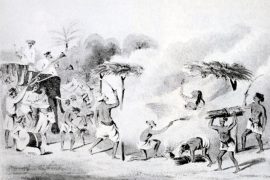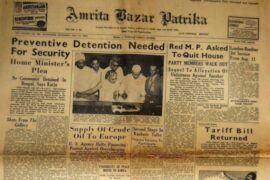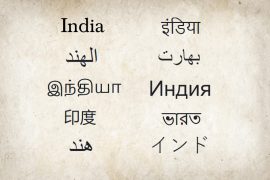The word “Loot” is now part of the English language. The words loot, looted and looting are commonly used. It’s entree into the English language is fairly recent, a few centuries old. It’s history is linked to colonialism. But how and why did the word “loot” make its way into the English language?
The word loot comes from the Hindi word “Lut,” meaning the spoils of war. The Hindi word Lut’s origins can be further traced back to the Sanskrit word lotram or loptram, meaning plunder. Modern etymologists have traced the source of the word—and its inclusion into English—through a series of books and manuscripts.
In 1773, Caption John Ferguson, an employee of the British East India company, published the “Dictionary of the Hindostan Language.” In this book, he defined the word loot. According to Ferguson, it meant, “booty, depredation, spoil, plunder, pillage.”
The Oxford English Dictionary cites two entries for the word Loot. The first entry is from a book called Indian Vocabulary, published in 1788. The second citation is from 1839. Interestingly, the citations refer “not only to the word itself, but to men who appear to have been pretty sophisticated looters.”
-30-
Copyright©Madras Courier, All Rights Reserved. You may share using our article tools. Please don't cut articles from madrascourier.com and redistribute by email, post to the web, mobile phone or social media.Please send in your feed back and comments to [email protected]











